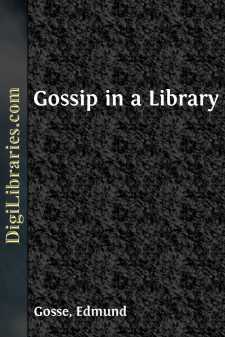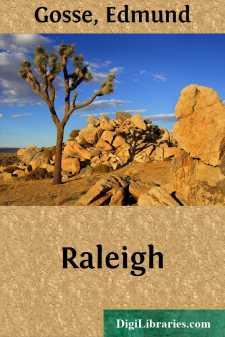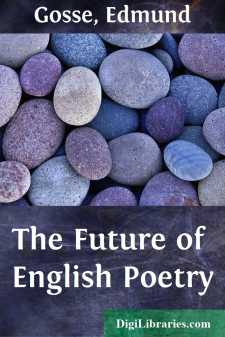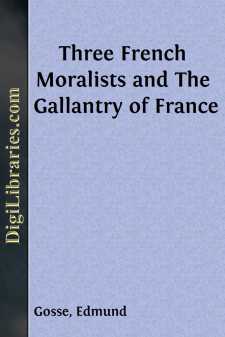Categories
- Antiques & Collectibles 13
- Architecture 36
- Art 48
- Bibles 22
- Biography & Autobiography 815
- Body, Mind & Spirit 144
- Business & Economics 28
- Children's Books 18
- Children's Fiction 14
- Computers 4
- Cooking 94
- Crafts & Hobbies 4
- Drama 346
- Education 58
- Family & Relationships 59
- Fiction 11835
- Games 19
- Gardening 17
- Health & Fitness 34
- History 1378
- House & Home 1
- Humor 147
- Juvenile Fiction 1873
- Juvenile Nonfiction 202
- Language Arts & Disciplines 89
- Law 16
- Literary Collections 686
- Literary Criticism 179
- Mathematics 13
- Medical 41
- Music 40
- Nature 180
- Non-Classifiable 1768
- Performing Arts 7
- Periodicals 1453
- Philosophy 65
- Photography 2
- Poetry 896
- Political Science 203
- Psychology 44
- Reference 154
- Religion 515
- Science 126
- Self-Help 85
- Social Science 83
- Sports & Recreation 34
- Study Aids 3
- Technology & Engineering 59
- Transportation 23
- Travel 463
- True Crime 29
Our website is made possible by displaying online advertisements to our visitors.
Please consider supporting us by disabling your ad blocker.
Gossip in a Library
by: Edmund Gosse
Description:
Excerpt
CAMDEN'S "BRITANNIA"
BRITAIN: or a chorographical description of the most flourishing
Kingdomes, England, Scotland and Ireland, and the Ilands adioyning;
out of the depth of Antiquitie: beautified with Mappes of the severall
Shires of England; Written first in Latine by William Camden,
Clarenceux K. of A. Translated newly into English by Philémon Holland.
Londini, Impensis Georgii Bishop & Joannis Norton, M.DC.X.
There is no more remarkable example of the difference between the readers of our light and hurrying age and those who obeyed "Eliza and our James," than the fact that the book we have before us at this moment, a folio of some eleven hundred pages, adorned, like a fighting elephant, with all the weightiest panoply of learning, was one of the most popular works of its time. It went through six editions, this vast antiquarian itinerary, before the natural demand of the vulgar released it from its Latin austerity; and the title-page we have quoted is that of the earliest English edition, specially translated, under the author's eye, by Dr. Philémon Holland, a laborious schoolmaster of Coventry. Once open to the general public, although then at the close of its first quarter of a century, the Britannia flourished with a new lease of life, and continued to bloom, like a literary magnolia, all down the seventeenth century. It Is now as little read as other famous books of uncompromising size. The bookshelves of to-day are not fitted for the reception of these heroic folios, and if we want British antiquities now, we find them in terser form and more accurately, or at least more plausibly, annotated in the writings of later antiquaries. Giant Camden moulders at his cave's mouth, a huge and reverend form seldom disturbed by puny passers-by. But his once popular folio was the life work of a particularly interesting and human person; and without affecting to penetrate to the darkest corners of the cavern, it may be instructive to stand a little while on the threshold.
When this first English edition of the Britannia was published, Camden was one of the most famous of living English writers. For one man of position who had heard of Shakespeare, there would be twenty, at least, who were quite familiar with the claims of the Head-master of Westminster and Clarenceux King-of-Arms. Camden was in his sixtieth year, in 1610; he had enjoyed slow success, violent detraction, and final triumph. His health was poor, but he continued to write history, eager, as he says, to show that "though I have been a studious admirer of venerable antiquity, yet have I not been altogether an incurious spectator of modern occurrences." He stood easily first among the historians of his time; he was respected and adored by the Court and by the Universities, and that his fame might be completed by the chrism of detraction, his popularity was assured from year to year by the dropping fire of obloquy which the Papists scattered from their secret presses. It had not been without a struggle that Camden had attained this pinnacle; and the Britannia had been his alpenstock....










